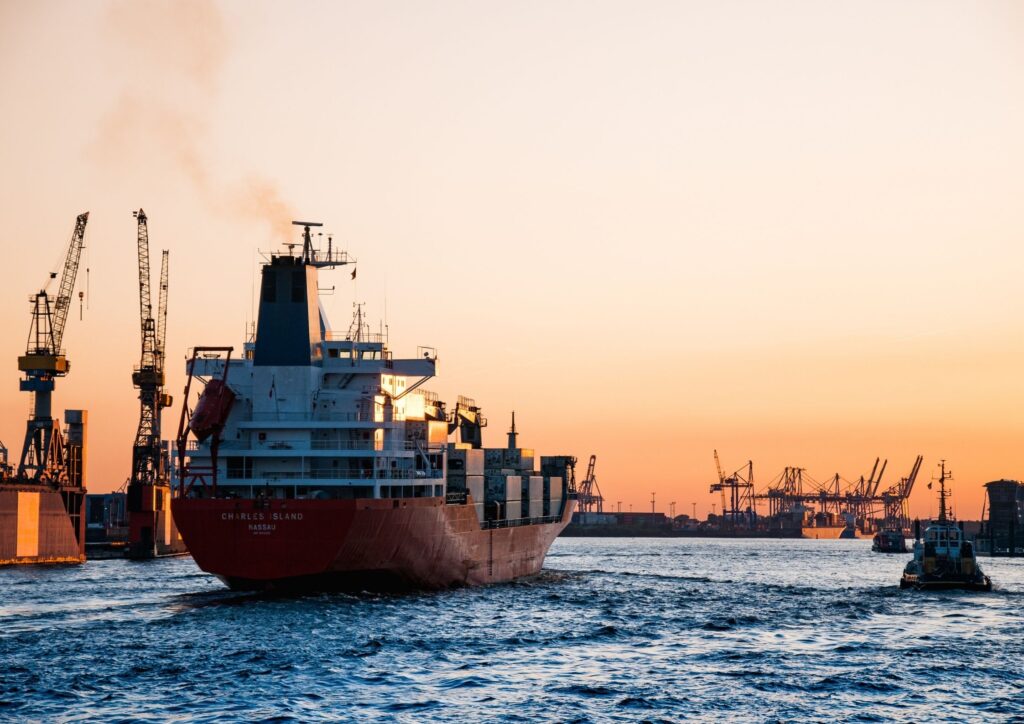ORIGINS OF MARINE INSURANCE AND ITS IMPORTANCE
Marine insurance, also known as ocean marine insurance, is a type of insurance that covers ships, cargo, and other vessels in transit. It provides financial protection for vessel owners and shippers against risks such as loss, damage, or theft of goods, as well as liability for damages caused to others. The origins of marine insurance can be traced back to ancient civilizations, but it was not until the rise of maritime trade in the 16th and 17th centuries that the modern marine insurance industry began to take shape.
The need for marine insurance arose from the risks associated with maritime trade. Prior to the development of marine insurance, traders and ship owners would often bear the full risk of loss or damage to their cargo or vessel. This was a risky and costly proposition, as maritime trade was subject to a range of perils, including piracy, shipwreck, and natural disasters such as storms and hurricanes.
To address these risks, merchants and ship owners began to pool their resources and share the risks of maritime trade through informal arrangements known as “bottomry” and “respondentia” loans. Under these arrangements, a lender would provide funds to a ship owner to cover the costs of a voyage, with the understanding that the loan would be repaid with interest only if the ship and its cargo arrived safely at their destination. If the ship was lost at sea, the lender would bear the full loss.
Over time, these informal arrangements evolved into more formalized systems of marine insurance. The first recorded instance of marine insurance dates back to the ancient civilizations of Greece and Rome, where traders and ship owners would make informal agreements to share the risks of maritime trade. In medieval Europe, marine insurance was offered by wealthy merchants and bankers, who would underwrite the risks of individual voyages in exchange for a premium.
The modern marine insurance industry began to take shape in the 17th century, with the establishment of Lloyd’s of London, a market where ship owners, traders, and underwriters could meet to negotiate and trade marine insurance policies. Lloyd’s became the center of the marine insurance industry, and its system of underwriting and risk assessment set the standards for the industry for centuries to come.
Today, marine insurance remains a critical component of global trade, providing protection for vessels, cargo, and businesses involved in maritime commerce. With the growth of global trade and the increasing complexity of modern supply chains, the need for marine insurance is more important than ever. The risks of maritime trade may have changed over time, but the principles of marine insurance remain the same: to provide financial protection for vessel owners and shippers against the risks of loss or damage to their goods and property.
Here are some key points on why understanding the origins of marine insurance is important:
- Historical context: The development of marine insurance is intertwined with the history of maritime trade and commerce. Understanding the origins of marine insurance can provide insights into the economic, social, and cultural forces that shaped the development of global trade.
- Risk management: The need for marine insurance arose from the risks associated with maritime trade. Learning about the ways in which ship owners and traders managed these risks in the past can provide lessons for modern businesses on risk management and mitigation.
- Legal and regulatory frameworks: The development of marine insurance was closely tied to the legal and regulatory frameworks of the time. By studying the historical development of marine insurance, we can gain a better understanding of the legal and regulatory structures that govern modern marine insurance.
- Industry standards: The establishment of Lloyd’s of London and the development of the modern marine insurance industry set the standards for the industry for centuries to come. Understanding the historical context of these developments can provide insights into the principles and practices that continue to shape the industry today.
- Global trade: Marine insurance remains a critical component of global trade, providing protection for vessels, cargo, and businesses involved in maritime commerce. Learning about the origins of marine insurance can help us understand the role that insurance plays in facilitating international trade and commerce


